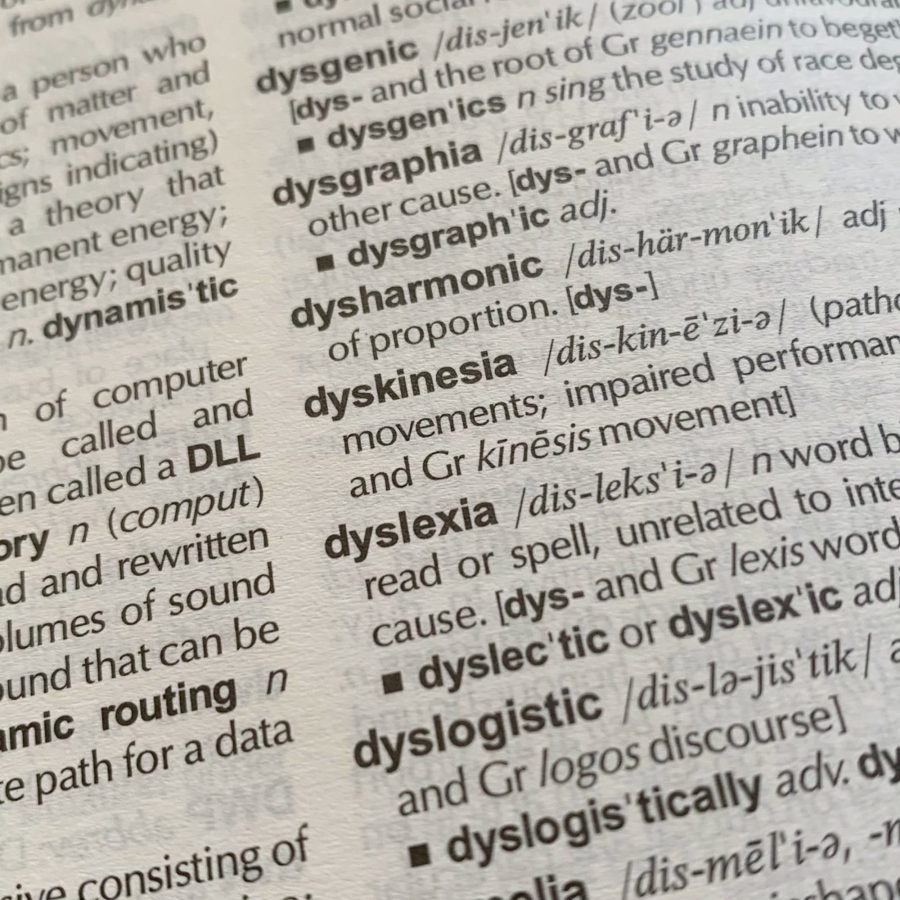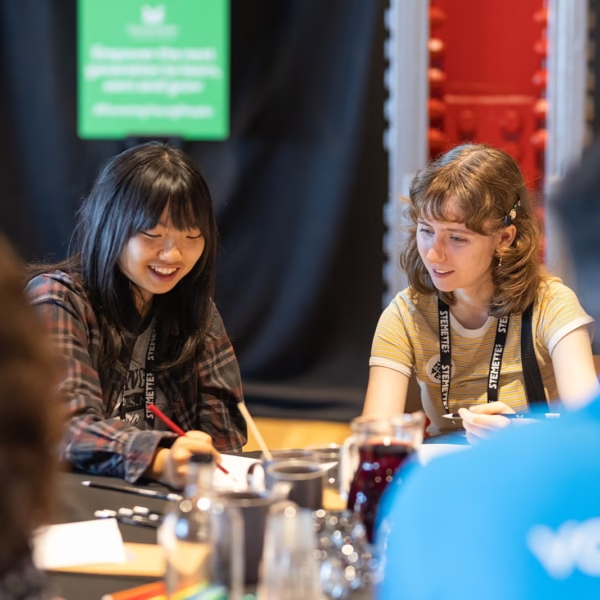Being dyslexic impacts more than just literacy. It can interfere with all elements of your life without the correct mechanisms in place. When I received my dyslexia diagnosis, I was concerned about how being dyslexic would impact my education and career. But, through trial and error, I have been able to find techniques which work for me.
Education
I studied engineering at University and struggled because I was mentally overloaded and couldn’t organise my thoughts. I often had assignments or assessments to think about, as well as my social and personal life. This would overwhelm me, and I know I would frequently forget things. Brain dumping and brainstorming have helped me so much. Using these techniques, I can visualise what is going on in my brain and organise my thoughts.
Brain dumping and brainstorming
Brain dumping is the act of writing down everything going through your brain. It can be a great exercise to manage overthinking and clear your head. Brainstorming can be worked into this, too, and it is the act of creative idea generation. Both can be instrumental in breaking down problems into small chunks and creating actionable tasks to solve them.
My Top Tips
In the age of technology, we should be using a breadth of resources available to us, as they can aid in learning and work. As someone who struggles with writing, I often use the ‘dictate’ function on word processors. This means I don’t have to worry about my spelling or handwriting, and I can focus on content. I would also recommend seeking alternatives to books. Alternatives could include YouTube videos, podcasts, online courses and audiobooks. These have been instrumental in my ability to keep up with STEAM-related news and learn new skills. Additionally, utilising various forms of media has strengthened my ability to communicate ideas and deepen my understanding of complex topics.
Play To Your Strengths
Dyslexic people have so many strengths, including problem-solving, storytelling and abstract thinking. These are all skills which are in high demand in STEAM; they are important to nurture and dedicate time to. We all have natural strengths and things which make us feel good, and we should pursue these things. It is important to acknowledge and celebrate our successes and the areas in which we excel. For me, playing to my strengths has allowed me to accomplish personal goals, feel a sense of satisfaction and given me a greater passion for my work.
I would recommend you try all the things I have discussed, but also know that your dyslexia is personal to you. So feel free to customise any techniques you use and get creative with finding what works for you.
Want to hear more? Read this Mind article!
This article is written by Oluwatosin Sonubi, a Stemettes volunteer.





